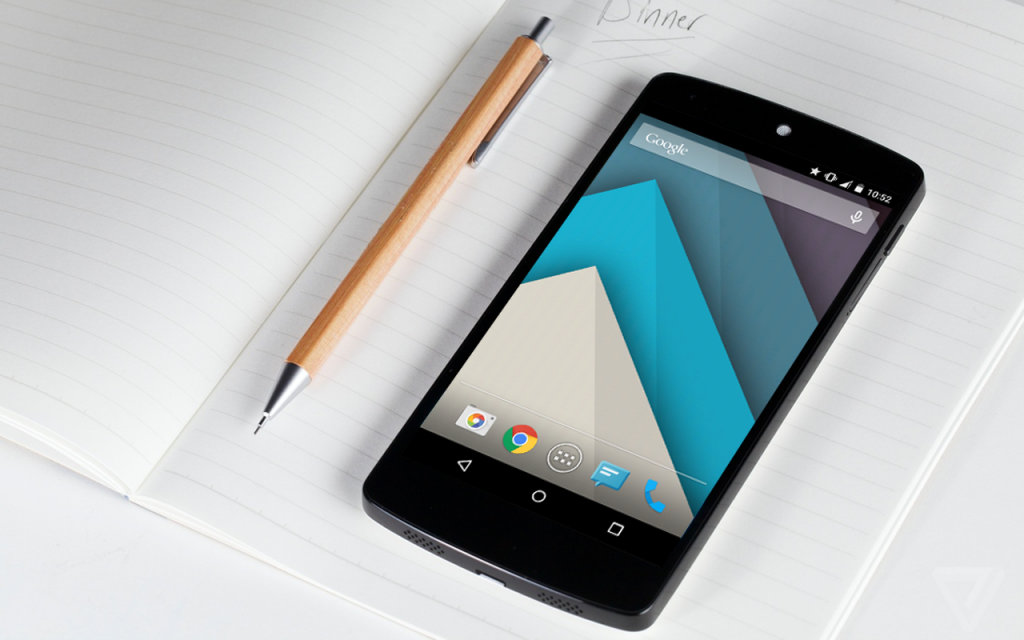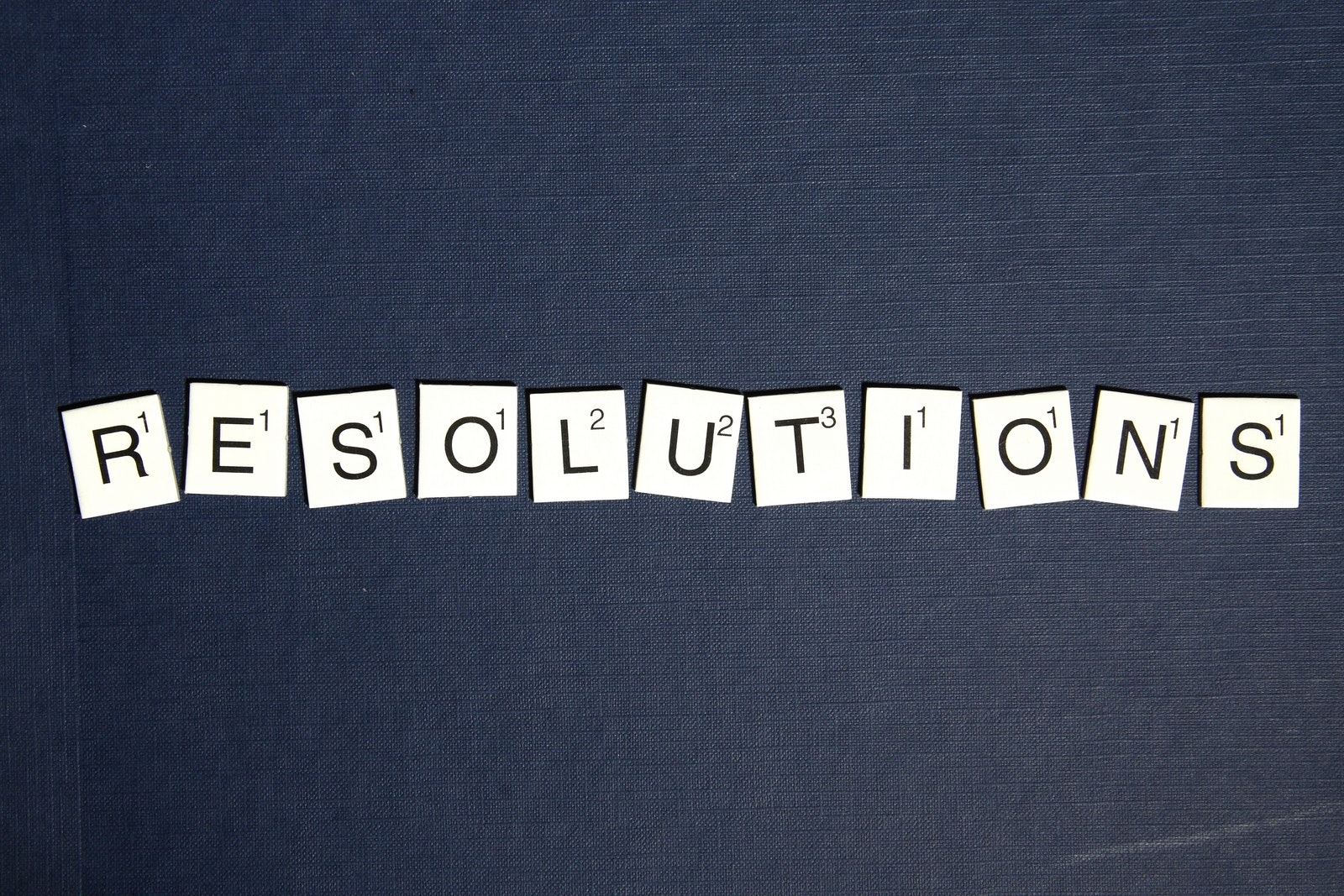Mobile apps are all the rage in today’s tech-centric world. New and innovative apps hit the App Stores on daily-basis to become the next Facebook, Instagram, Uber or Airbnb. Very few, however, get to see the daylight. While some of the apps are rife with flaws, some just fall prey to poor planning and implementation.
Given most of the low-end apps are work of amateurs trying to get their name on the App markets, their failure doesn’t cause too much disappointment. However, you’re going to be disappointed if your app were premium and you spent a considerable amount of time and money on it. To avoid that disappointment you have to be informed about each and every step that goes into the mobile app development process.
Entrepreneurs looking to get an app developed know very little as to what an app development process actually entails. This blog answers some of the common questions that we at Code Brew Labs receive from our clients from time to time. With information from this guide, you’ll be better placed to make the right decision for your all-important mobile app idea.
Q 1. How Much Does It Cost To Build An App?

This is the most common of all the app development questions. The fact is that no one can tell you an accurate cost until they’ve understood your requirements. Besides the requirement analysis, the cost of app development also depends on a lot of other factors. These factors could be as follows:
1 User Login: Most of the popular apps these days go for Social Media Integration. This allows their users to login into the app using their social media accounts such as Facebook or Gmail. So you’d have to make the important decision of whether or not your app should have social media integration.
2 Personal Profile: This relates to personal profile creation by the user. The user has to enter into an agreement with the app owner giving his/her constant to display personal information for public viewing.
3 If your app is going to have payment gateways or needs to be blended into other websites, then you’re going to require an API. APIs make it possible for apps to connect and share information with each other.
4 App designing is another key area and you’re going to have to decide what sort of designing standards to go for in your app. So your app can either have the simple and no-fuss look or you could make it highly user-engaging with a rich and premium looking design.
Normally, the cost of development is broken down on hourly-basis. Now, that can differ from one company to another and more so on their geographical location.
Following is the average app development cost categorized on regional-basis:
US & UK – $50-$250/hr.
Australia – $50-$150/hr
Western Europe – $35-$170/hr
Eastern Europe – $20-$150/hr
India – $10-$80/hr
The cost varies based on the app’s functionality, complexity and platform. You’d also be advised to factor in the cost of back-end servers. They can significantly impact the overall app cost.
Q2 How Long Does It Take To Build An App?

We get this question a lot. The short answer is 4-6 months. Well, the first version of the app normally takes longer than 4 months, yet it shouldn’t go beyond 6 months in most cases. You’ll often come across developers or companies who promise to build apps within 2-3 weeks. Our advice: Stay clear of them. No quality app can be developed in that little time. A mobile app is a creative undertaking. Prepare to offer more time if you’re going for a highly detailed look. 4-6 months is just a standard app development time and depending on your app’s concept it can increase or decrease.
Your budget also impacts the time of app development. A tight budget is likely to make your developer hasty in their progress, whereas, with a handsome budget, they’ll ensure sufficient time is spent on development to leave no margin for error. Finally, every app developer/development company based on their skills, resources, and process will have slightly different timeframes.
It must be noted that Android app development can be 2-3 times more time consuming than iOS. More on that shortly.
Q3 What Platform Should I Go For?

The choice of platform is quite important and you have to get it right or your app could be in dire trouble. There are quite a few mobile app platforms out there today but the two major players, iOS, and Android, still hold the greatest share of the mobile app market and your choice in most cases is going to be between the two of them.
To make the right mobile app platform decision you have to know your requirements and the end goal. Following are some of the factors that can help you determine the right choice of platform:
a) ROI
If your focus is to get a quick and handsome return on investment, then iOS will make a better choice. Google Play Store is saturated with apps users have lots of options. They’re less likely to spend money on apps and more likely to enjoy free content. That may sound like a generalized statement but more often than that such is the case.
So with Android, you’ll be left with in-app model or advertisement models which is capable of generating revenues but not highly effective. With the premium model, something much popular in the iOS market, you can expect, assuming your app is a hit, revenues to flow in much swiftly and give you a decent return on investment. That’s the reason why apps with high-quality content and exclusive services often take the iOS route. If you can afford to wait for the ROI and your major concern for the moment is to create awareness and gain popularity, Android will prove to be a better option.
b) Target Audience
This one’s a no-brainer. Target audience highly influences your choice of platform. It’s much easier to sell your service if there’s demand for it. Creating demand is a long shot, something not everybody is prepared for unless they have an earth-shattering idea to share. This is even more true in the world of mobile apps. If your target audience is mostly situated in US, Canada, Australia and Western Europe, iOS will prove a much better option given the obvious majority of iOS users in the said regions. The same is true for Android when it comes to South America, Asia, and African regions. It’s not that it’s impossible to sell an Android app in the USA; in fact, the trend is quickly changing and many people are actually adopting the Android devices, but the share of iPhone is still greater in comparison. You can always create the app for the other platform if your app is an instant hit. But that’s a distant thought. For starters, it’s best to analyze the most recent trends in your target market to arrive at the right decision.
c) App Budget
App budget is another factor that dictates your choice of platform. It’s quite obvious that the time of app development has a direct correlation with its cost. Roughly the time involved in iOS app development is twice as less as Android. So, if you’re limited by budget then going for a platform that consumes less time will make more sense.
d) Ease of Development
The development of each platform is different. With Android, you’ve got lots of devices and versions, so there’s a great deal of fragmentation to account for. It’s this fragmentation that causes Android app development to be more time-consuming than iOS. Making apps compatible with different versions is quite a challenging task for the developer. With iOS, the adoption rate of the latest version is very promising. Almost 80% of the users adopted the iOS 10 soon after it was released. Compare that with a meager 7% adoption rate of Nougat in the Android community, and you get the sense that things are cluttered in the Android world.
That’s all the answers we can cover in this post. The next part of this blog series will be published soon. We’ll address more questions that entrepreneurs often think about when an app idea crosses their mind. Stay tuned for that.







How can I start to build my own App because I choose iOS. Help me out to check my account with code brew and give me the details of the informations .thanks
Okejas, our team will get back to you and answer all your queries.